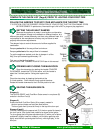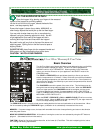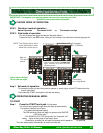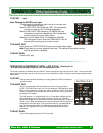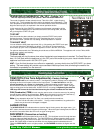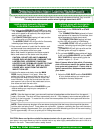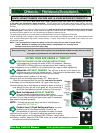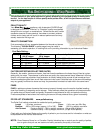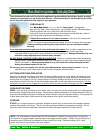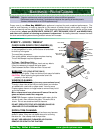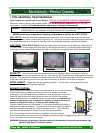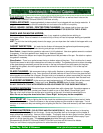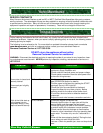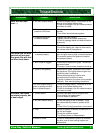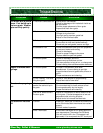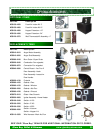
32
F
F
UEL
UEL
S
S
PECIFICATIONS
PECIFICATIONS
—
—
S
S
HELLED
HELLED
C
C
ORN
ORN
The performance of your multi-fuel burning appliance is greatly affected by the type, quality, moisture
content and consistency of the shelled corn burned. As the heat output of various quality corn differ,
so will the performance and heat output of your appliance.
CORN QUALITY
Your Glow Boy Series appliance, with its “Super Grate”, is designed to
burn only dry, clean, quality shelled corn, up to a 50/50 mixture with wood pellets
Cleaning intervals will vary in time from a low of 8 hours to as
much as 30 hours of more depending on such factors as; fuel feed rate, hybrid of
corn being used, cleanliness, and dryness of fuel, etc.
Shelled Corn must be 14% or lower in moisture. Corn over 14% moisture will
not burn.
NOTE: The lower the moisture content the better the burn and higher the heat output.
Problems relating to burning dirty, high moisture corn are not covered under
warranty.
Corn must be screened to make sure it is free of dirt and other debris such as husks, large pieces of cob
or other foreign matter. The presence of any of the mentioned items may cause auger jams,
inconsistent feed and will result in poor combustion or the fire going out. Damage caused by dirty corn
and other foreign objects are not covered under warranty.
DO NOT BURN “TREATED” SEED CORN IN YOUR STOVE. Seed corn is treated with chemical pesticides
that are harmful if swallowed; therefore, seed corn is dangerous to have in the house, especially where
children can access it. Burning treated seed corn in your heater will void the warranty and will
destroy the exhaust system on the unit.
Do not carry your corn supply over into the next heating season, unless properly stored. If you do
decide to carry it over, make sure to check the corn for proper moisture content.
FACTORS EFFECTING FEED RATES
Generally, the smaller and cleaner (free from fine dust and debris) the corn is, the faster it will feed at a given
setting and visa versa. The extremes in corn size, moisture and quality can cause several hours difference in
burning time for a hopper full of fuel. Heat production is directly related to the pounds of fuel burned per hour
and moisture content of the fuel. As fuel consumption goes down so will heat output and visa versa. It is also
important to vacuum out your hopper once to twice a month to assure trouble free auguring of the corn.
CORN DUST OR FINES
FINES in corn are dust and pieces of corn shells, cobs, or husks, and are the results of the corn breaking down
from handling, transporting and/or storage. Fines adversely affect the operation and heat production of a corn
shop and home heater and greatly increase the require-ments for daily and periodic cleaning. Fines cause fuel
to feed slower thus reduc-ing the amount of heat produced at any given heat control setting.
STORAGE
STORE corn in a tight container or use other methods to ensure they do not become rain soaked or absorb
moisture from damp or wet floors. This will also help to prevent rodents from becoming a problem. Do not
store corn within the stove installation clearances or within the space required for clinker removal.
NOTE: It is much easier to remove fines from the fuel before it is placed in the stove than it is to service
your stove for a plugged hopper, jammed auger and plugged exhaust system. Pellets, Corn or Wheat with
excessive dust or fines may be screened to remove most of the fines. Screeners using a 3/16” mesh
screen may be built or purchased from most dealers.
Glow Boy Pellet & Biomass www.glowboystoves.com 32



